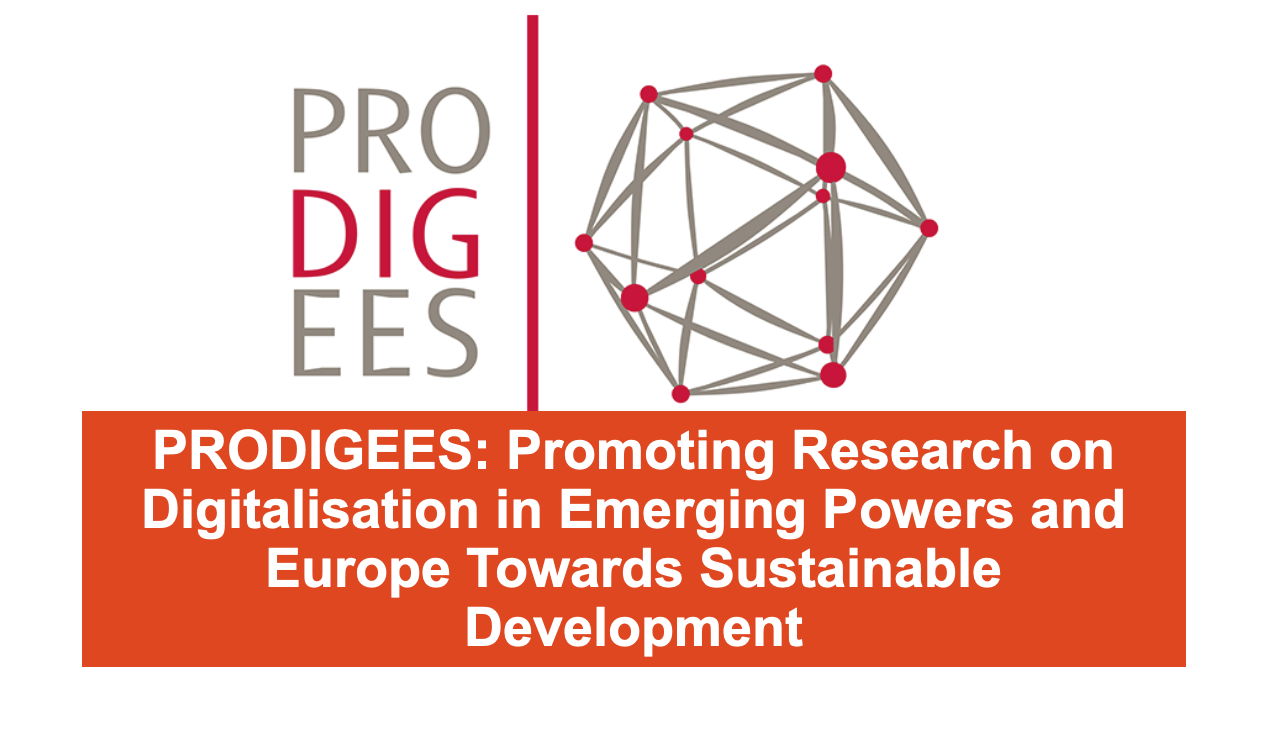There are great hopes and fears associated with the development of AI technologies. One central and still open question is how AI systems can be developed and deployed in an ethical manner.
"So-called 'artificial intelligence' is hyped as a key technology for maintaining prosperity and competitiveness. But surprisingly little attention is paid to how AI could actually contribute to an equal distribution of wealth and prosperity" stresses Čas, who works at the Institute of Technology Assessment (ITA) of the Academy of Sciences.
During his five-month research stay at the Fundação Getulio Vargas (FGV) in Rio de Janeiro, he will therefore focus in particular on the question which different concepts of regulating artificial intelligence are suitable for mitigating the problems of increasing inequality at the national and global level. FGV is one of the most influential think tanks both in Latin America and globally.
The exchange will take place within the framework of the PRODIGEES project funded by the EU through the Horizon2020 program. PRODIGEES was funded by the European Union's Horizon 2020 research and innovation program H2020-MSCA-RISE-2019 under grant agreement No. [873119].

